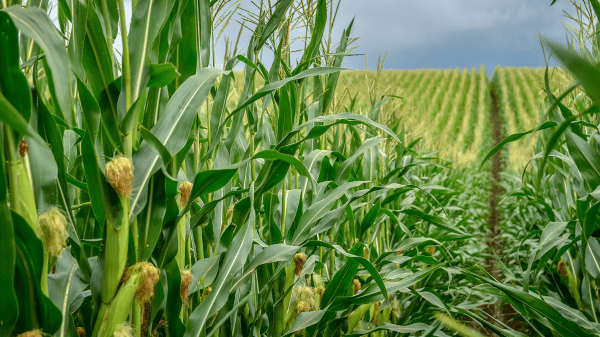One of the biggest stories in agriculture over the past few days has to do with an impasse between the United States and Mexico over the latter’s continued ban on importations of genetically modified (GMO) corn.
Since much of the corn grown in this country is GMO and Mexico is a major customer, this is of top concern. (For more on GMO corn, visit Everything You Need to Know About GMO Corn | GMO Answers)
A January 23 statement by leaders in U.S. trade negotiations said, “Mexico’s proposed approach, which is not grounded in science, still threatens to disrupt billions of dollars in bilateral agricultural trade, cause serious economic harm to U.S. farmers and Mexican livestock producers, and stifle important innovations needed to help producers respond to pressing climate and food security challenges.” https://www.fas.usda.gov/newsroom/joint-statement-USDA-USTR-Mexico-Meetings
Mexico, like many European countries, does not permit GMO crops.

This issue does not directly affect the fresh produce industry, although if the two nations get into a trade skirmish, one could imagine the U.S. instituting a short-term stoppage of, say, avocado imports, like the one that occurred early in 2022. U.S. suspends Mexican avocado imports – Produce Blue Book
The ostensible cause was security (a threatening phone call to a U.S. inspector in Mexico), but it may have been partly a salvo to encourage Mexico to finally permit a long-delayed importation of U.S. potatoes to the entire country. Which took place a few months later. The importance of Mexico opening to U.S. potatoes – Produce Blue Book
At present, this kind of tactic is merely a distant possibility.
Why the resistance to GMO crops, which (at least according to its supporters) is not scientifically justified?
Click here for a list of pros and cons to GMO crops: https://www.medicalnewstoday.com/articles/324576
A more detailed answer would involve national differences in risk assessment for agricultural technologies. One concern is possible unintended consequences of genetic editing.
In light of all this, I was intrigued by a project at the University of Connecticut that is examining just such a possibility—in this case, manipulating DNA methylation in tomatoes.
“This promising gene editing technique could improve crops on a large scale,” according to an article issued by the National Institute of Food and Agriculture. UConn Researchers Studying Unintended Effects of Gene Editing in Tomatoes | National Institute of Food and Agriculture (usda.gov)
“However, the potential unintended side effects of this process are not yet well-studied, so additional research is needed prior to introducing the technique for potential commercial agricultural applications.”
I am not a scientist of any kind and can have no informed opinion about the safety of GMO crops: like Mark Twain, I only know what I read in the newspapers.
But over the past few decades, the public has been repeatedly assured that certain agricultural chemicals and practices were perfectly harmless when they turned out to be nothing of the kind.
The public has the right to expect that every measure will be taken to ensure that only safe foods are on the market—whether they are produced by GMO or not.



